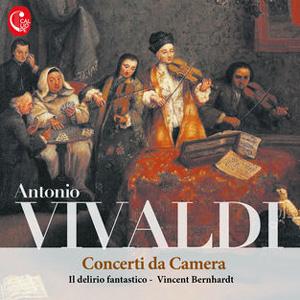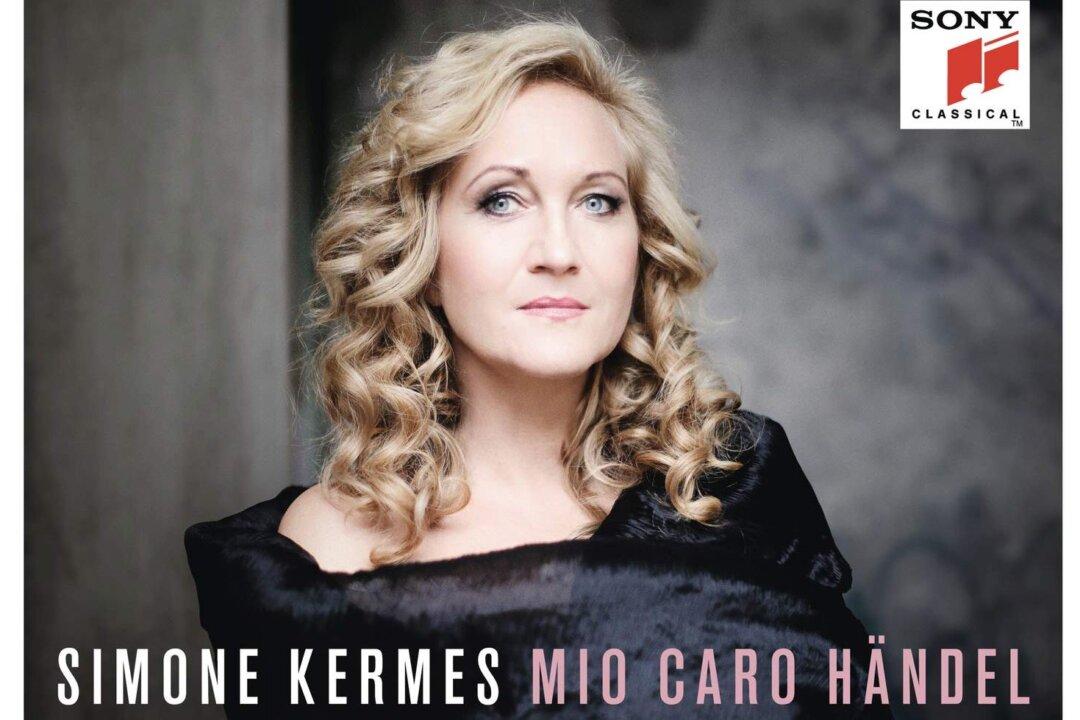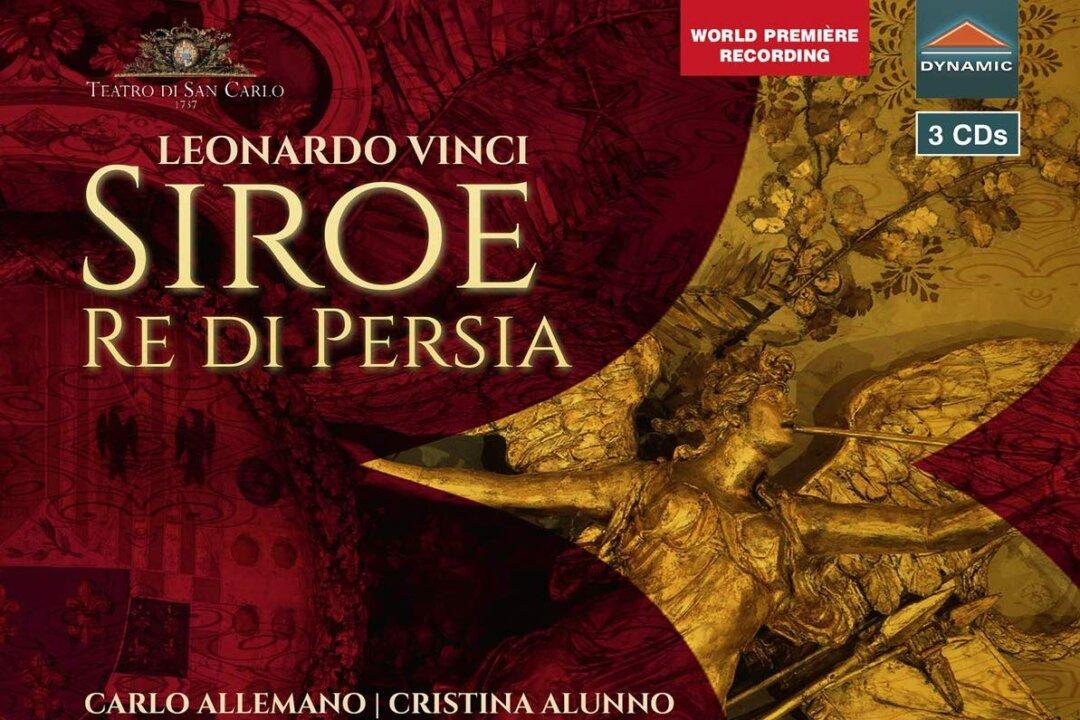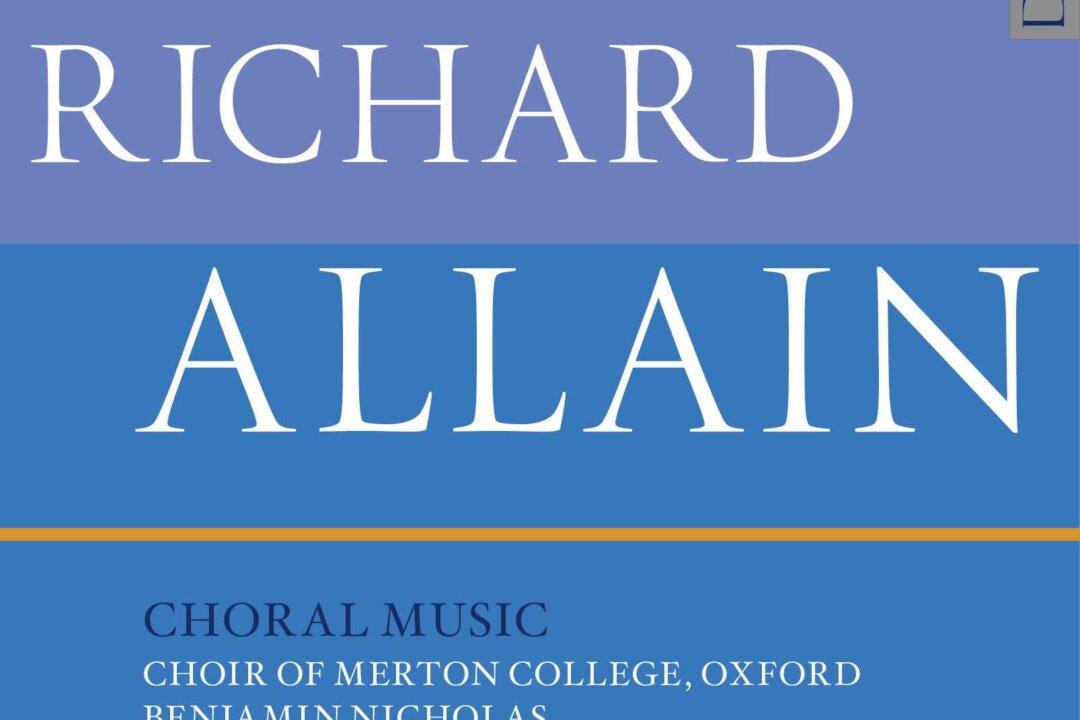The delightful new release “Vivaldi: Concerti da Camera” from the French label Calliope presents us with a disc of chamber music by Antonio Vivaldi: seven of his concerti da camera played by the French ensemble Il Delirio Fantastico, directed by Vincent Bernhardt.
Vivaldi didn’t call these pieces “concerti da camera” (chamber music); he simply referred to them as concertos, but they are different in form from his regular concertos. These pieces are written for a simple mixed ensemble of solo instruments and continuo (an accompanying bass line) here provided by a violone, guitar/theorbo, and organ/harpsichord, without the usual supporting string ensemble.





